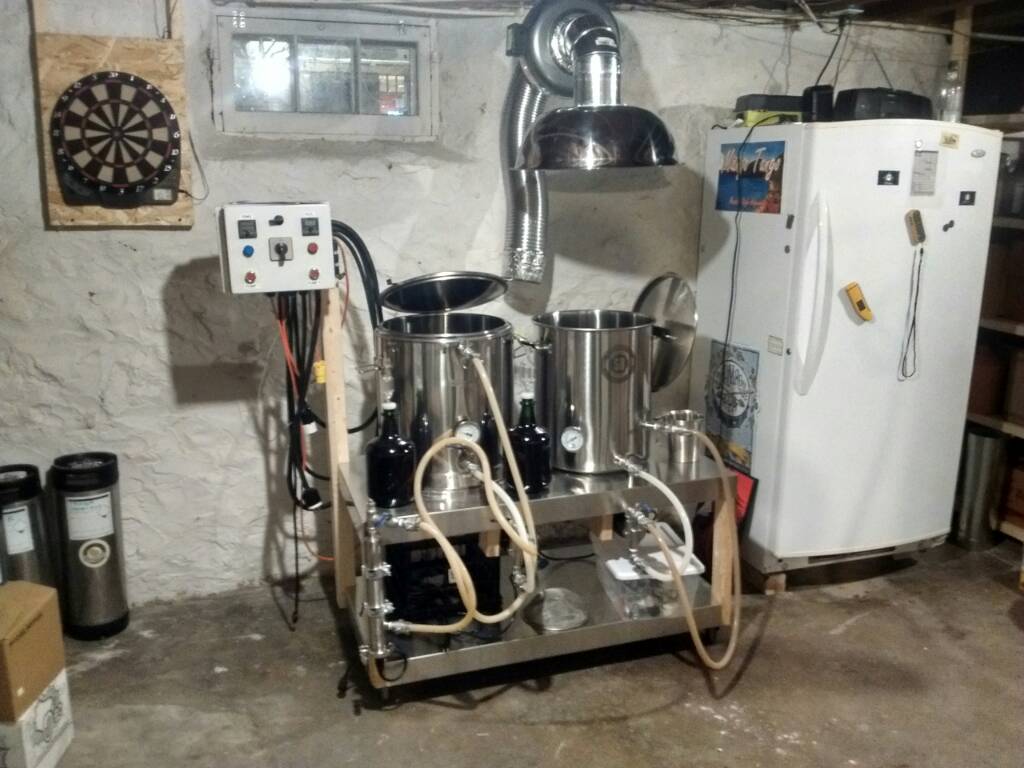I know (almost) nothing about electricity - it scares me to death. I'm the guy who shuts the main breaker to the house off to change a light bulb, (no sense taking crazy unnecessary risks). For that reason I was never even mildly interested in considering electric brewing... until now. The benefits are too enticing to ignore.
Just wondering if it's something that someone (like me) who knows nothing about electricity should even be considering. Can someone point me to some straight forward easy to understand resources I could use to make a more informed decision?
Just wondering if it's something that someone (like me) who knows nothing about electricity should even be considering. Can someone point me to some straight forward easy to understand resources I could use to make a more informed decision?





















































![Craft A Brew - Safale BE-256 Yeast - Fermentis - Belgian Ale Dry Yeast - For Belgian & Strong Ales - Ingredients for Home Brewing - Beer Making Supplies - [3 Pack]](https://m.media-amazon.com/images/I/51bcKEwQmWL._SL500_.jpg)







